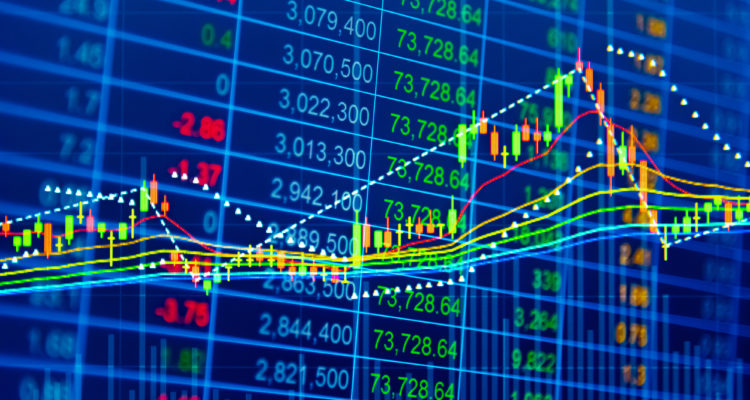If Israel’s third try to enter MSCI’s Europe index is successful in February, over 100 Israeli companies could benefit.
By Batya Jerenberg, World Israel News
If global asset managers and analysts give the OK next month, one of the largest index providers in the world will reclassify Israel financially as part of Europe, potentially bringing billions of dollars in investments to over 100 local companies.
MSCI, which oversees some 34,000 securities across all its indices, gave Israel a gift that backfired in 2010. It shifted the country from its place in the developing market class into its developed market when Israel joined the prestigious list of OECD (Organization for Economic Cooperation and Development) countries.
While Israel rejoiced at the upgrade, it immediately lost all the investments made by those who put money specifically into developing markets. In addition, “Israel became a very small fish in a much bigger pond,” as country chief of Citi Israel Neil Corney told Reuters last month. From having a 3% share of the emerging market index, it dropped to less than half a percent in the developed market one.
The next decision MSCI made that hurt Israel’s markets was one of omission, according to Offir Eyal, director of International Affairs and Business Development at the Israel Securities Authority (ISA).
“Strangely, and unusually, Israel was not added to any of MSCI’s regional indices, the only country not to be included in one of these indices,” he said in a Globes report Sunday. “The result is that foreign investors who choose to invest in products in a regional index are not exposed to the Israeli market.”
Getting Israel into the MSCI Europe Index would thus be a “game changer,” he said, as the index “has investment products to the tune of some $170 billion that track it, and Israel’s weighting, if it is added, will be between 1% and 1.5%. That could have huge significance for the Israeli market.”
The cash inflow would not be limited to Israel’s biggest companies, such as the Azrieli Group, Teva, Elbit and the major banks, said the report. Some 100 firms could be included in specialty sub-indices that track such fields as transportation and various kinds of technologies.
This will be Israel’s third attempt to be reclassified since 2010. The arguments the ISA is using to bring Israel over the finishing line this time include the potential upside to investors in capitalizing on the strong shekel, which has been one of the top currencies in the world for the past few years.
Another important point, says the ISA’s Director of Markets Development Ron Klein, is the vast potential in being exposed to Israeli technology stocks, including its “unicorns” (companies valued at over a billion dollars).
“The technology sector currently accounts for just 8% of the index, whereas in the Israeli index compiled in accordance with MSCI criteria it represents 37%, and so including Israel will enable the Europe Index to strengthen considerably in the area of technology,” he said.
MSCI is conducting its consultations through the end of the month, and its decision is expected by mid- to late February.




